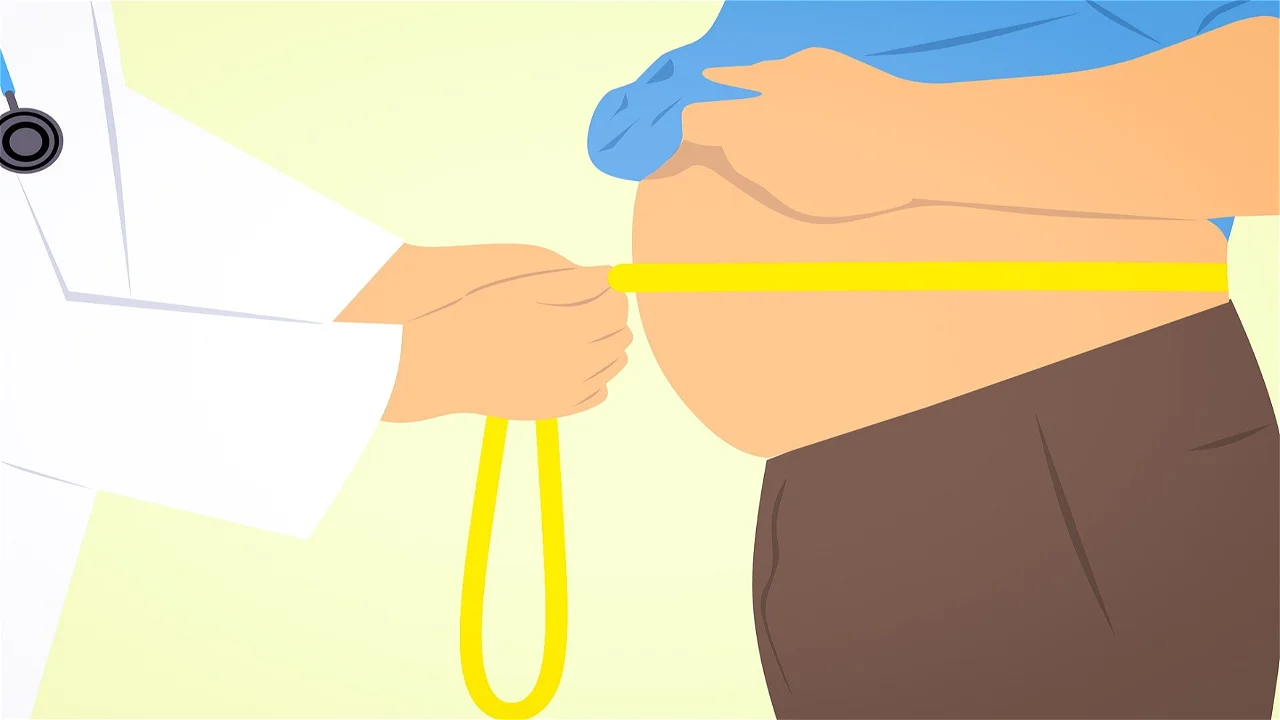
Weight gain, usually moderate but gradual, is a common phenomenon in adulthood, but the explanation is deeper than a decrease in physical activity. There is an inverse correlation between changes in body weight and life energy. (decreasing with age) The explanation stems from the less efficient routing of nutrients to build tissues. In extreme survival situations, the body drastically reduces weight to conserve energy. Link: A more accurate calculation method of nutritional indices.
After 45-50, it is necessary to change the calorie balance to maintain a constant weight.
The concept of life energy - introduction.
"To live is to have Qi in every part of your body." To die is to be a body without Qi. For health to be maintained, there must be a balance of Qi."
- Life energy can be illustrated by a simplistic analogy with cars as the energy of the spark that ignites fuel combustion. You can fill up with fuel, but the car won't start without the spark. We can eat to our fullness, but without the spark, with the right timing and intensity, the person will get sick. The spark (life energy) exists from when life begins and throughout life.
You cannot charge the life-force energy just by eating calories. (Life-force energy # Calories)
- Calories can be restored and recharged by eating. Qi energy cannot be restored by consumption alone.
Charging life energy is mainly related to happiness, joy, sex with emotions, and satisfaction. These are not easy to find in the modern world.
The weight gain, often in people aged 40- 45 plus, is not accidental.
The proportion and the amount of food intended for tissue regeneration decrease steadily with age. Therefore, more food is routed to produce instant energy and reserves of fat.
A numerical example for illustration.
- Take, for example, a woman who consumes about 2000 calories daily. After age 45 - 40 (approximately), the need for tissue regeneration decreases by 0.5%, 10 calories per day, equivalent to 1.25 grams of fat. But in an annual calculation, it is 456 grams. Every year!
The practical implication is that those who want to maintain a stable weight, over 40-45, must eat less or spend more energy. (Exercise)
The tendency to gain weight in adulthood has a more profound explanation than lifestyle and dietary changes.
- It is due to an increased routing of food and beverages in favor of available energy and fat accumulation and less and less for tissue building and regeneration. There is an inverse correlation between life-force energy and body Weight. (This is usually prominent after 40-45 in women and men.) There are differences between women and men in the rate of decline in life energy, but gaining extra weight, with no changes in diet and lifestyle, is typical of both sexes.
- Link: Calories cannot disappear but can be redirected as uncounted.
Why do people near death lose weight very rapidly?
Rapid weight loss without dietary and lifestyle changes is a survival mechanism when one is near death. In life-threatening conditions, the body loses weight to maintain the life force. Being lighter makes it easier to maintain higher Qi levels. I lost 24 kg within 24 weeks (going from 92 kg to 68 kg) during my treatment for hepatitis without making any changes to my diet or physical activity. (I was always exhausted.)
- I could not get substantive answers on the internet, although I found exciting research (conducted during the '70s) on the soul's (spirit's) weight. Researchers found that immediately after death, people lose 21 grams. (I translate this into Qi energy leaving the body after death.)
- The second possible reason is that stem cells (cells that can differentiate and regenerate any tissue) are stored in fat. Losing weight triggers stem cells to regenerate damaged tissue. (However, it also releases fat-soluble toxins.)
Summary and conclusions.
Maintaining a stable weight in old age requires reducing the amount of food eaten or increasing physical exercise, as the body's requirements are also reduced. Being significantly overweight in old age is not accidental and is not necessarily the result of low physical activity.

There is an inverse correlation between life-force energy and body Weight. (Usually prominent after 40-45) To maintain a stable weight after age 40, increasing effort is needed both on the side of the calories we consume and their composition and on the side of our activities.

